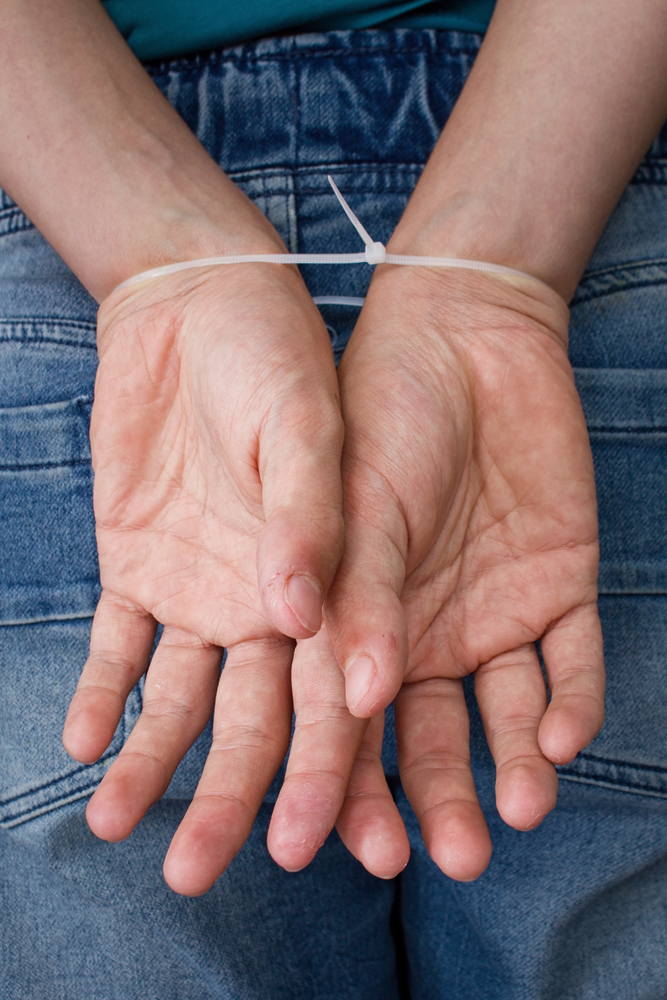27 Oct Alcohol May Cause Depression, Anxiety and Low Mood
Addiction is a chronic, treatable brain disease, not the character flaw many people believe it to be, he stresses. “Over half of those who develop a substance abuse disorder may be genetically vulnerable,” says Dr. Anand. If your loved one is struggling with both depression and alcohol, it can feel overwhelming. To overcome these patterns, a person must be ready to change of their own accord. But if you think they will be receptive, approach the problem with empathy and https://pskberezka.ru/en/cvety/vitamin-v12-dlya-cvetov.html nonjudgement, and be prepared to offer solutions. If they are ready, help them research their options, and discuss the best ways for you to be supportive.
What You Can Do to Manage Alcohol and Depression

Some experts also suggest that both depression and alcohol use disorders share underlying pathophysiology in that they are both neuroinflammatory conditions. The Centers for Disease Control and Prevention has found that 9 out of 10 adult binge drinkers don’t have a severe alcohol use disorder, but that doesn’t mean alcohol isn’t a problem for them. Drinking to cope with depression, no matter if you have an alcohol use disorder, is concerning. Major depression and alcohol use disorder are also co-dependent in women, research suggests.

More on Substance Abuse and Addiction
As part of this discussion, the therapists can attempt to highlight the discrepancy that exists between patients’ current situations and what they desire (Miller & Rollnick, 1991). For most patients, relief of depressive symptoms will be the foremost concern. Therefore, it may be particularly important for therapists to help patients understand the impact of their alcohol use on depressive symptoms. Therapists can attempt to draw on patients’ own experiences in this regard, when https://allmedbook.ru/search/?q=%28%D0%B2%D0%BE%D0%BF%D1%80%D0%BE%D1%81%D1%8B;t=1;p=26;md= possible. It may even be helpful to ask patients to keep a log of their drinking and depressive symptoms to help determine whether there is a temporal association between the two.
- Alcohol is known to affect several nerve-chemical systems which are important in regulating mood.
- Because of this shared connection, treatment for both should include a diet to improve gut function and reduce endotoxin load that contributes to neuroinflammation.
- Two of the neurotransmitters involved in both alcohol use and depression are dopamine and serotonin.
- AUD is a medical condition “characterized by an impaired ability to stop or control alcohol use despite adverse social, occupational or health consequences,” according to the National Institute on Alcohol Abuse and Alcoholism.
- This is why, at first, alcohol can make our brain experience relief from distress.
Changes You Can Make
- Regular drinking can lead to depression, and depressed people are also more likely to drink too much.
- There are a multitude of different treatment options available for those struggling with depression and an alcohol use disorder.
- Alcohol abuse and dependence are both considered an alcohol use disorder, with studies finding that alcohol dependence is more closely tied to the persistence of depressive disorders.
- If you feel unable to keep yourself safe or think you might harm yourself it’s a mental health emergency.
- Depressive symptoms can result from life stressors, mental health conditions, medical conditions, and other factors.
- The more you drink the greater your tolerance for alcohol, meaning you need to drink more alcohol to get the same feeling.
Taken together, the current literature suggests a need to routinely assess alcohol use and to address alcohol use among the large number of depressed patients who are drinking heavily. Major http://zistons.ru/public/skachat_duduk_na_telefon.html depressive disorder involves persistent and prolonged symptoms, but depression, in general, takes on many different forms. Depressive symptoms can result from life stressors, mental health conditions, medical conditions, and other factors.
- If they are ready, help them research their options, and discuss the best ways for you to be supportive.
- Decreased GABA levels may also lead to increased anxiety, which can increase feelings of depression as well.
- An integrated model of treatment—which includes both pharmacological and psychological therapy—is often seen as the most effective way to do this.
- Binge drinking and heavy alcohol use can increase an individual’s risk of alcohol use disorder.




No Comments